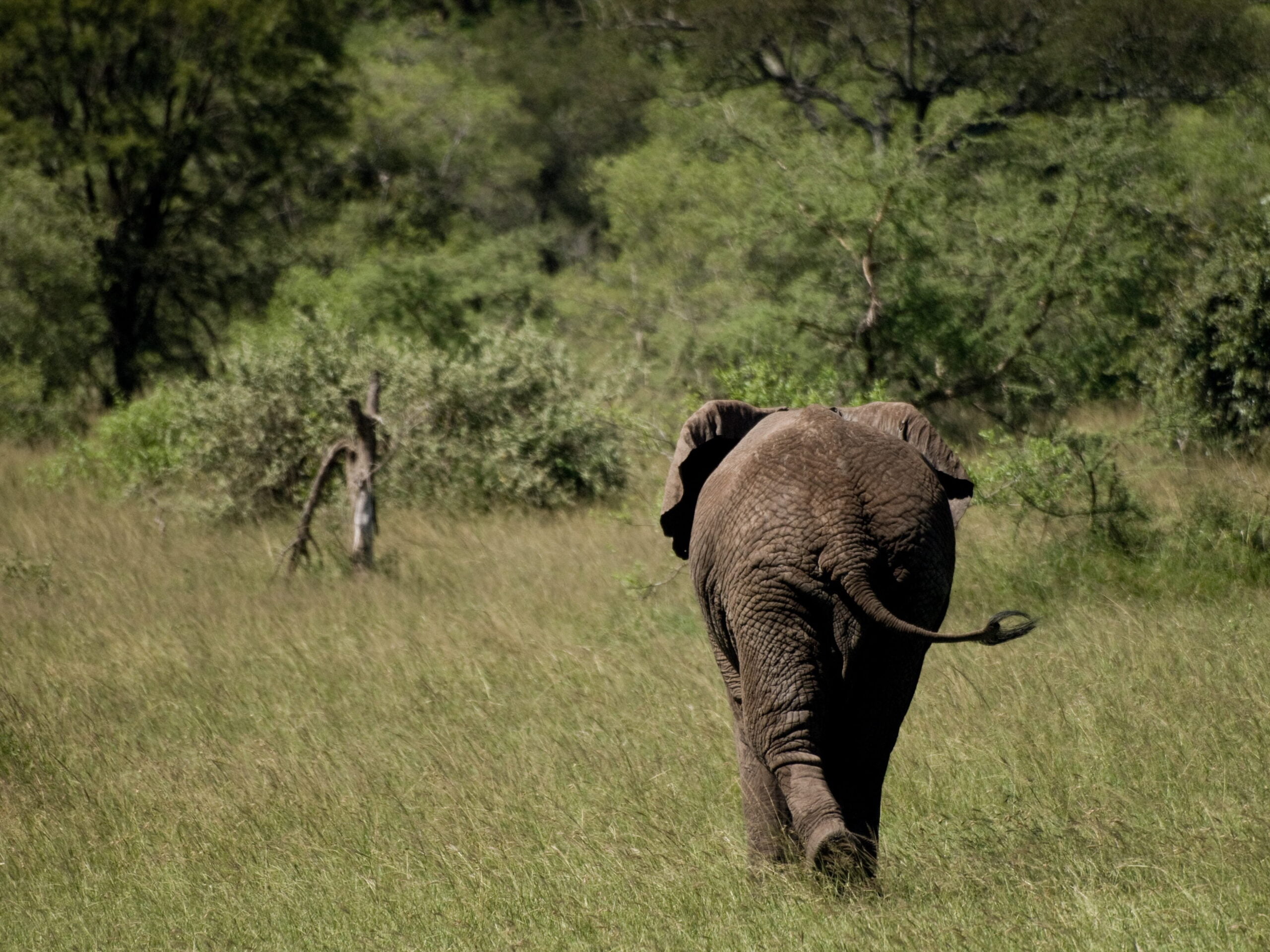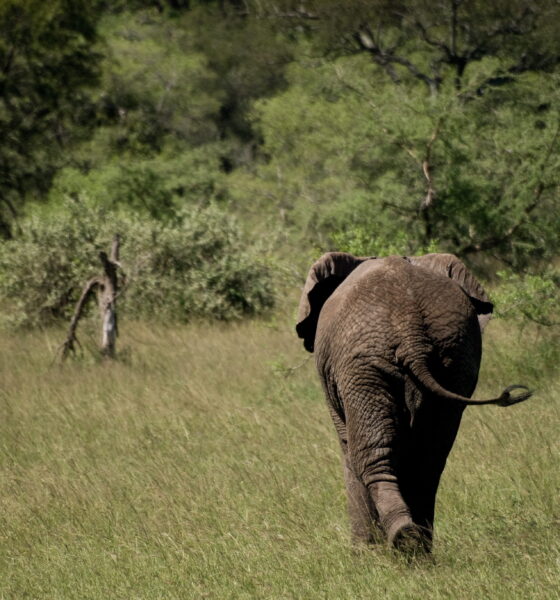

Environment
Elephant poaching hotspots revealed
Researchers have identified parts of Tanzania and Mozambique as the areas where most illegally poached elephant ivory can be traced back.
Scientists have said that most illegally poached ivory found can be traced back to two hotspots on Tanzania and Mozambique.
Researchers were able to trace back the ivory using the DNA from the ivory of elephant tusks and matching it with the dung from elephants in the areas.
The worst two areas for poaching were found to be Tanzania and nearby Mozambique. The study also found that the Tridom in the Republic of Congo and Cameroon was also a hotspot for illegal poachers.
The authors believe that the research would be useful for authorities in ramping up efforts against poachers, who are estimated to kill around 50,000 elephants every year for their tusks. It is also thought that the study could help to increase international efforts to crack down on the trade.
This week, the US government will destroy one tonne of illegally poaches ivory by burning it in New York Times Square.
In the past five years alone, half of the elephant population in Mozambique has died. Experts believe that a large proportion of this dramatic decrease is owed to poaching.
Figures released recently by the East African nation’s department for natural resources and tourism found that 43,330 elephants were living in in seven of the Tanzania’s national parks, compared with 109,000 in 2009.
China has been accused of fuelling the problems on the African continent as a result of demand in the Far East for ivory. But international efforts have recently intensified to solve the problem.
Chinese Ambassador Liu Xinsheng donated all-terrain vehicles, night vision equipment and enhanced communications devices in order to help in the efforts.
Image: William Warby via Flickr
Further reading:
Tanzania elephant slump blamed on poaching
Half of Mozambique’s elephants killed in five years
‘Poaching epidemic’ leads to fear over future of elephants in Africa
Thousands march to demand end to rhino and elephant poaching
William Hague: fighting illegal wildlife trade is ‘great moral cause’


 Features11 months ago
Features11 months agoEco-Friendly Cryptocurrencies: Sustainable Investment Choices

 Energy11 months ago
Energy11 months agoThe Growing Role of Solar Panels in Ireland’s Energy Future

 Energy10 months ago
Energy10 months agoGrowth of Solar Power in Dublin: A Sustainable Revolution

 Energy10 months ago
Energy10 months agoRenewable Energy Adoption Can Combat Climate Change
















